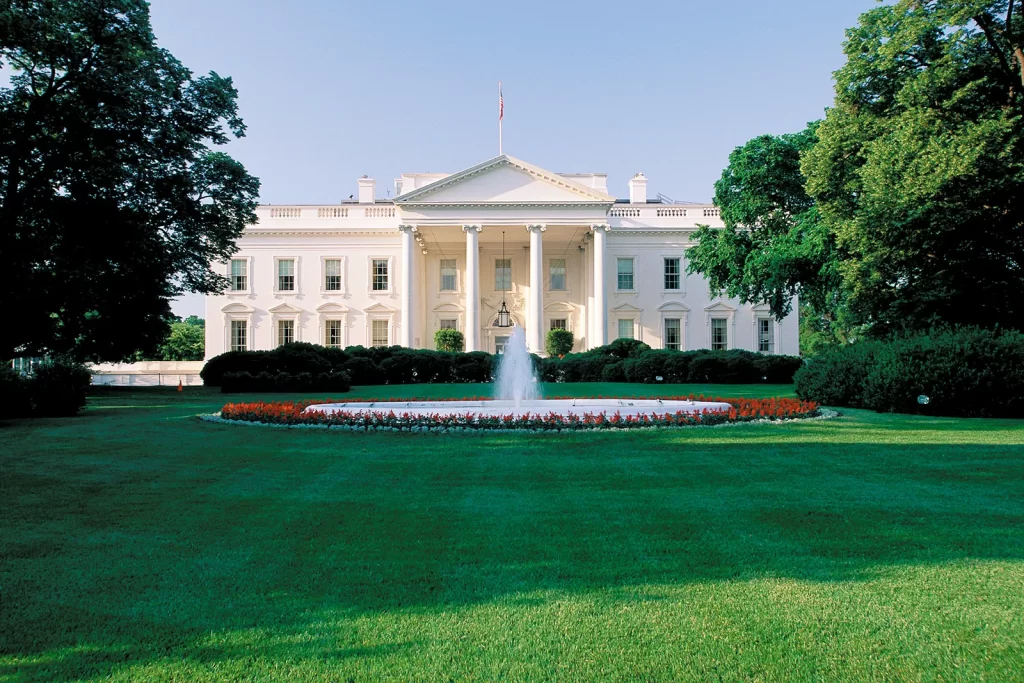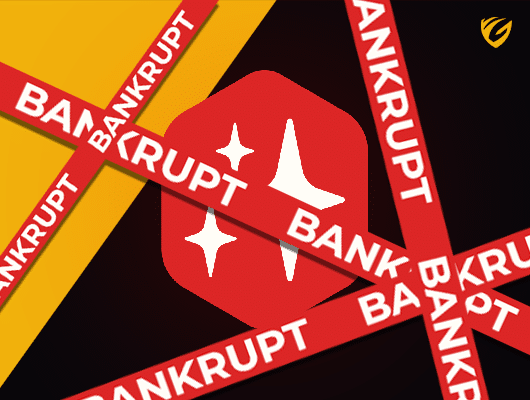White House Proposes 30% Tax on Crypto Mining Electricity
By James Pebenito • May 8, 2023
White House Proposes 30% Tax on Crypto Mining Electricity
Recently, the White House unveiled a proposal to impose a 30% levy on the electricity used to mine Bitcoin and other cryptocurrencies. The Digital Asset Mining Energy (DAME) Excise Tax seeks to address the energy consumption and environmental impact of cryptocurrency mining. The administration enumerated the proposal in a blog post on the White House website, emphasizing the intention to hold crypto miners accountable for the costs they impose on others. This article explores the proposed tax’s specifics and potential repercussions.
The proposed DAME Excise Tax is anticipated to be phased in over the next three years, per a White House blog post. The primary goal is to address the energy-intensive nature of Bitcoin and cryptocurrency mining, which has prompted environmental concerns. The administration intends to reduce the costs incurred by society and the environment by imposing a 30% tax on the electricity utilized in mining operations.
The motivation behind the White House’s proposal is the belief that cryptocurrency miners should contribute to the costs they impose on the energy infrastructure and the broader community. With the rise in prominence of cryptocurrencies, mining’s energy requirements have skyrocketed. This has led to concerns regarding carbon emissions and strains on local power infrastructures, especially in mining-intensive regions.

Environmental and Energy-Related Issues
The energy-intensive process of mining cryptocurrencies, especially Bitcoin, requires robust hardware and substantial computational capacity. As a consequence, it consumes vast quantities of electricity, which is frequently derived from nonrenewable sources. Such energy consumption has been criticized because it contributes to carbon emissions and exacerbates concerns about climate change.
The White House proposes a 30% tax on the electricity used for cryptocurrency mining to mitigate the costs incurred by society and the environment as a result of the energy-intensive nature of the process. This tax would assist in directing funds toward mitigating environmental impacts and developing sustainable energy solutions.
The proposed tax has elicited conflicting responses from the cryptocurrency industry and the broader community. Proponents argue that it adheres to the principles of responsibility and sustainability. They believe that cryptocurrency miners should contribute their due share to addressing the environmental and energy issues posed by their activities. On the other hand, critics assert that the tax could inhibit innovation and discourage investment in the sector. They emphasize the need to strike a balance between promoting technological advancements and preserving the environment.
The White House’s proposal to impose a 30% tax on the electricity used for Bitcoin and cryptocurrency mining seeks to reduce the energy consumption and environmental impact of these activities. By imposing this tax, the administration hopes to hold cryptocurrency miners accountable for the societal and environmental costs they impose. While the proposition has garnered both support and opposition, it highlights the need for the cryptocurrency industry to strike a balance between sustainable practices and technological advancements. As the proposition develops and undergoes potential revisions, its effects on the industry and the environment are still unknown.


